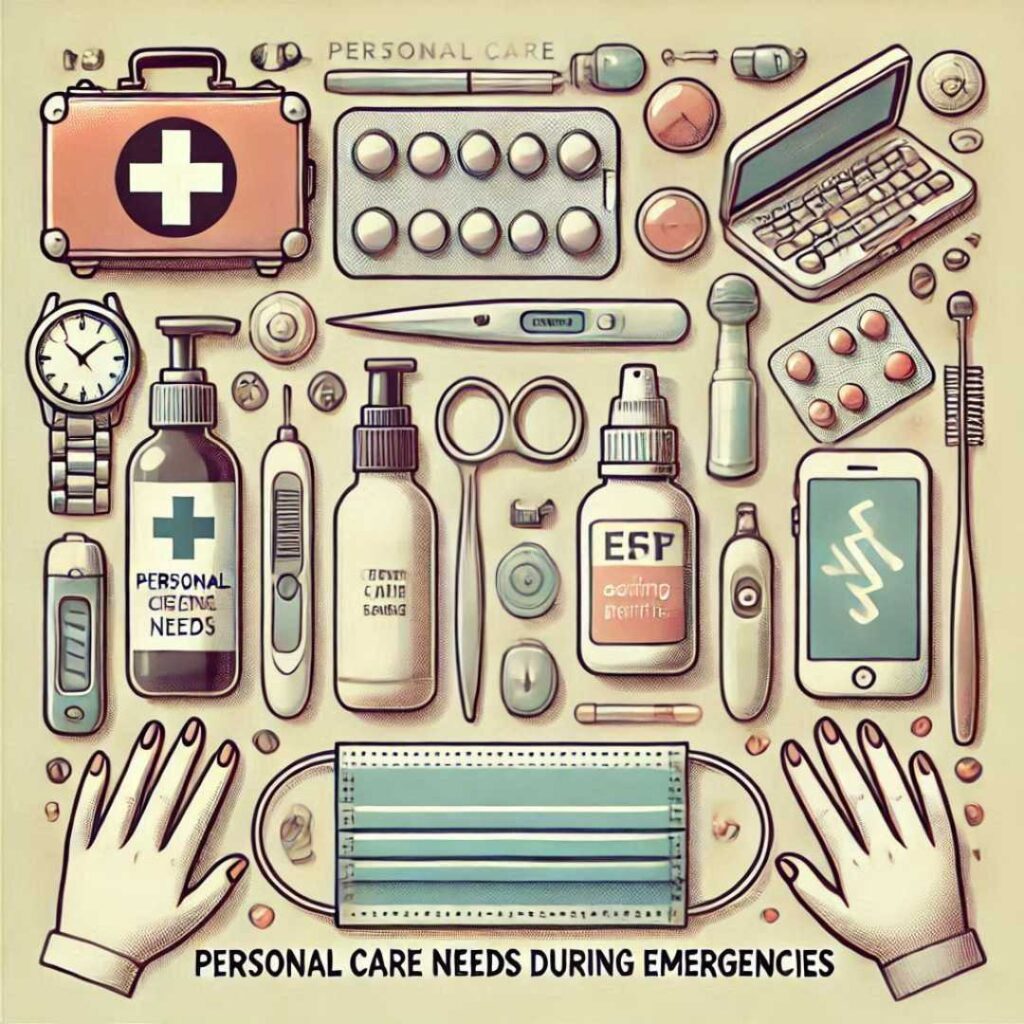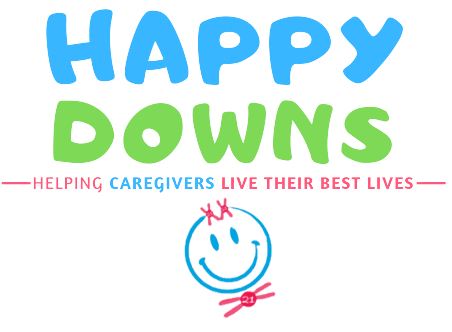Emergencies can strike when you least expect them, making it crucial to understand the unique needs of individuals with Down Syndrome. Emergency preparedness for Down Syndrome caregivers is about recognizing personal strengths and addressing areas where more support might be needed. Every person is different, but certain considerations can help tailor your preparations effectively.
Understand Health Needs For Emergency Preparedness
Health considerations come first. People with Down Syndrome often have specific health conditions that need constant monitoring, such as heart issues or respiratory concerns. Knowing these details beforehand helps in planning effectively. Have a detailed list of medical conditions, medications, and healthcare provider contacts readily available to grab during an emergency.
Consider these tips:
- Create a “Medical Quick Sheet” listing all current medications, dosages, allergies, and key medical history. Laminate it for durability.
- Store extra medications in an emergency kit and set reminders to rotate them out to prevent expiration.
- Include a portable medical device (e.g., a pulse oximeter) if necessary for monitoring critical health metrics.
Enhance Communication Readiness
Communication is another key factor in emergency preparedness for Down syndrome caregivers. Some individuals may have difficulty expressing themselves or understanding complex instructions, especially in a crisis. Equip yourself with tools to overcome these challenges:
- Keep a communication book handy with essential words, symbols, or phrases.
- Leverage technology such as communication apps or tablets with pre-programmed emergency instructions.
- Practice emergency drills with simple, clear language to familiarize your loved one with potential scenarios.
Address Personal Care Needs

Personal care needs must remain a priority. This includes dietary restrictions, special hygiene products, and assistance with daily activities. To ensure these are met during emergencies:
- Pack personalized care items in an emergency “Go Bag.” This can include preferred snacks, adaptive utensils, or specific hygiene products.
- Create a checklist tailored to their daily routine and review it periodically to keep it updated.
- Identify accessible emergency shelters or locations that can accommodate specific needs.
Crafting An Emergency Preparedness Plan
Crafting a solid emergency plan can make all the difference for peace of mind and safety. Here’s a step-by-step guide:
Involve Everyone: Include your loved one in planning to the extent possible. Their input ensures comfort and practicality.
Develop an Action Plan: Create a family emergency plan that addresses various scenarios such as natural disasters, power outages, or medical emergencies.
Assign Roles: Assign clear roles to each family member to avoid confusion. For example, one person can handle communication while another focuses on transportation.
Prepare Emergency Kits:
- Pack “Go Bags” with essentials for at least 72 hours.
- Include critical items like medications, identification, comfort objects, and assistive devices.
Learn Emergency Skills: Take first aid classes or practice using essential tools like fire extinguishers. Familiarity with evacuation procedures can make a significant difference.
Building A Strong Emergency Support Network
A strong support network is invaluable during emergencies. Here’s how to create one:
- Engage Local Resources: Connect with local health departments and emergency services to understand disability-specific programs.
- Join Support Groups: Tap into local or online communities for advice and shared experiences.
- Involve Schools and Programs: Coordinate with your loved one’s school or day program to ensure consistent care during crises.
- Stay in Touch with Medical Teams: Regular check-ins with healthcare providers can refine your emergency plan and keep it up-to-date.
Navigating Health And Sensory Needs

Maintaining health and managing sensory sensitivities during emergencies requires extra care:
- Medication Management: Keep a detailed list of medications and a plan for refills. Include dosages, schedules, and alternatives if possible.
- Manage Sensory Overload: Pack noise-canceling headphones, fidget toys, or weighted blankets to help your loved one stay calm.
- Adapt Routines: Use visual aids to maintain a sense of normalcy even when daily life is disrupted.
- Ensure Mobility: Plan for accessible transportation and verify that adaptive devices are functional.
Emergency Preparedness For Down Syndrome Caregivers: Final Thoughts
Recovery doesn’t end when the immediate crisis is over. Here’s how to support your loved one afterward:
- Evaluate Your Plan: Reflect on what worked well and what didn’t. Update your plan accordingly.
- Provide Emotional Support: Traumatic events can leave lasting impacts. Keep communication open and consider professional counseling if needed.
- Restore Normalcy: Gradually reintroduce routines and activities to create stability. Visual schedules can be helpful here.
- Celebrate Resilience: Acknowledge everyone’s efforts and successes during the emergency. This boosts morale and strengthens bonds.
Additional Tips for Success:
- Stay Informed: Sign up for local emergency alerts and keep a weather radio on hand.
- Practice Drills: Conduct regular family drills to ensure everyone knows their role.
- Educate Yourself: Take advantage of community workshops or online resources focused on emergency preparedness for individuals with disabilities.
Emergency preparedness is a continuous process. By understanding your loved one’s unique needs, crafting a comprehensive plan, and building a strong support network, you can navigate crises with confidence. Each step you take not only ensures safety but also fosters a sense of security and resilience for everyone involved.





